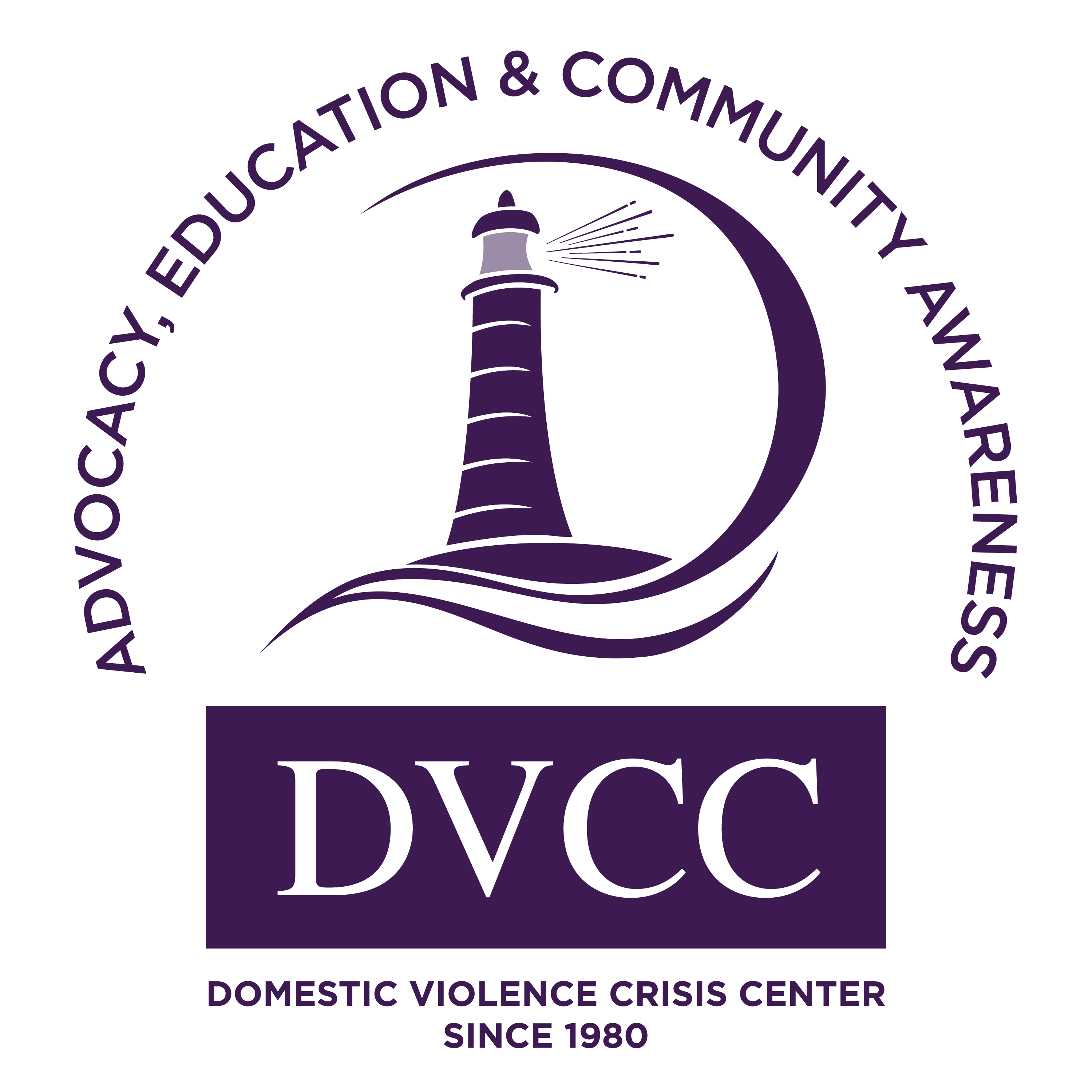What is Abuse?
Domestic violence, also called intimate partner violence, is a pattern of coercive, controlling behavior in an intimate relationship. The behavior can manifest as abuse that is verbal, emotional, physical, economic, technological, or sexual in nature.
Forms of Abuse
Any use of physical force with the intent to control a partner through fear or injury. Physical abuse does not always leave marks. It can also include:
- Restraining
- Object aggression (throwing objects, destroying possessions)
- Reckless driving
- Scratching, biting, and grabbing
- Shoving
- Slapping and punching
Using words to hurt someone.
- Mocking
- Belittling
- Name calling
- Cursing
- Put downs
When one partner is controlling and damages the other’s emotional well-being. Breaking down someone’s self-esteem and/or sense of self.
- Isolation
- Gas lighting/playing head games
- Blaming
- Manipulation & lying
- Jealousy
Sexual abuse can occur in committed relationships and marriages. Sexual abuse is any sexual contact or behavior that happens without one’s consent. It involves:
- Taking away a person’s control over their sexual choices.
- Trying to pressure or force someone to do something sexually that they do not want to do.
Between 40% and 45% of women in abusive relationships will also be sexually assaulted during the course of the relationship.
The use of technology or social media to intimidate, harass, bully, stalk, or threaten a partner.
Between 94-99% of domestic violence victims have experienced economic abuse.
“Economic abuse involves maintaining control over financial resources, withholding access to money, or attempting to prevent a victim or survivor from working and/or attending school in an effort to create financial dependence as a means of control… Economic abuse can take many forms, including employment-related abuse, preventing the victim from accessing existing funds, coerced debt, and more.” – National Coalition Against Domestic Violence
For more information on economic abuse, click here.
Domestic Violence Statistics:
- One in four women and one in seven men in the United States have experienced physical violence by an intimate partner in their lifetime.
- The most dangerous time for victims of domestic violence is when they leave the relationship.
- Domestic violence is the leading cause of homelessness for women and children.
- Growing up in a home where domestic violence is present is the strongest predictor of a child becoming either a perpetrator or victim of domestic violence later in life.
Does the Person You Love:
- Keep track of you all the time?
- Become excessively jealous?
- Isolate you from your friends and family?
- Call you mean names?
- Grab, slap, kick you, or pull your hair?
- Blame you for everything?
- Force you to have sex against your will?
- Destroy things most important to you?
If you answered “yes” to any of these questions, you may be a victim of domestic violence. Remember, DVCC is here to support you on your journey to safety.
